“The market place has got infinitely more complicated,” JJ Walsh said. “It’s much more volatile these days. You’ll never get it right and farmers expect you to get it right. We are going to have to put an awful lot more market intelligence in place.”
He added that 2017 demonstrated the flexibility of the Irish dairy industry compared with other European countries.
“There was very high prices for milk last year, which was great for Irish farmers. Other European farmers weren’t so lucky; they just called the market wrong. It just shows how flexible the Irish industry was last year. It stepped up to the mark and delivered. This year, again, we’re probably going to see market not probably going any lower.”
China
While Bord Bia is leading a trade mission to China this week, Walsh says that market access to China is extremely difficult, but there is a lot of potential there. In the 1970s, New Zealand lost access for its dairy products to the UK market when the UK joined the EU.
“Overnight, they lost all their cheese markets in the UK, which was about 90% of their markets,” Walsh said. “So New Zealand had to reinvent themselves, they had to stop supporting farmers. They had to evolve a very economic model. China was the market they really went after, and I suppose the point I’m getting to is that they’ve really secured the supply chain.”
Read more
Glanbia cuts April milk price
Big changeover on Macra's national council at AGM
“The market place has got infinitely more complicated,” JJ Walsh said. “It’s much more volatile these days. You’ll never get it right and farmers expect you to get it right. We are going to have to put an awful lot more market intelligence in place.”
He added that 2017 demonstrated the flexibility of the Irish dairy industry compared with other European countries.
“There was very high prices for milk last year, which was great for Irish farmers. Other European farmers weren’t so lucky; they just called the market wrong. It just shows how flexible the Irish industry was last year. It stepped up to the mark and delivered. This year, again, we’re probably going to see market not probably going any lower.”
China
While Bord Bia is leading a trade mission to China this week, Walsh says that market access to China is extremely difficult, but there is a lot of potential there. In the 1970s, New Zealand lost access for its dairy products to the UK market when the UK joined the EU.
“Overnight, they lost all their cheese markets in the UK, which was about 90% of their markets,” Walsh said. “So New Zealand had to reinvent themselves, they had to stop supporting farmers. They had to evolve a very economic model. China was the market they really went after, and I suppose the point I’m getting to is that they’ve really secured the supply chain.”
Read more
Glanbia cuts April milk price
Big changeover on Macra's national council at AGM



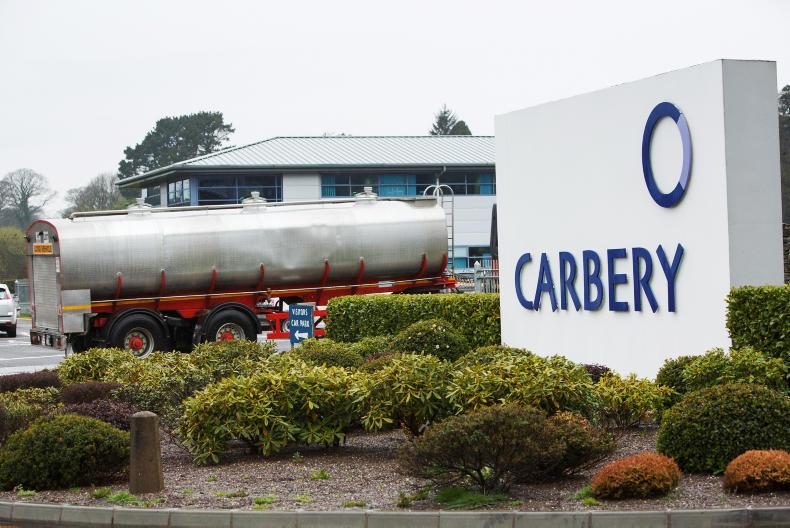
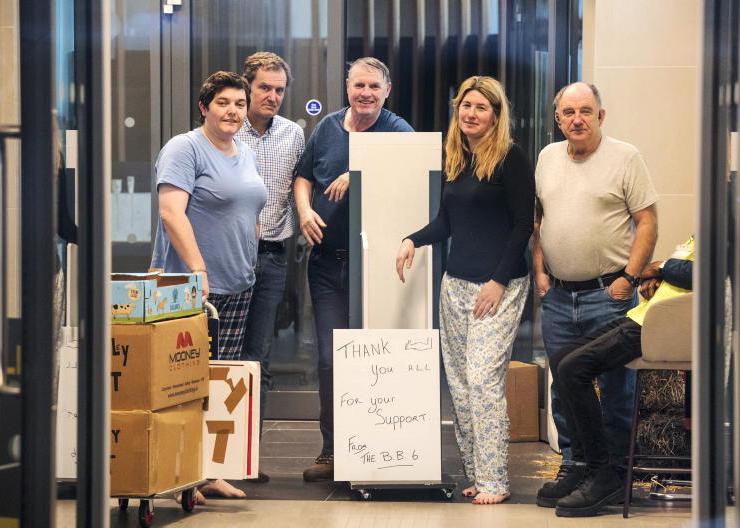

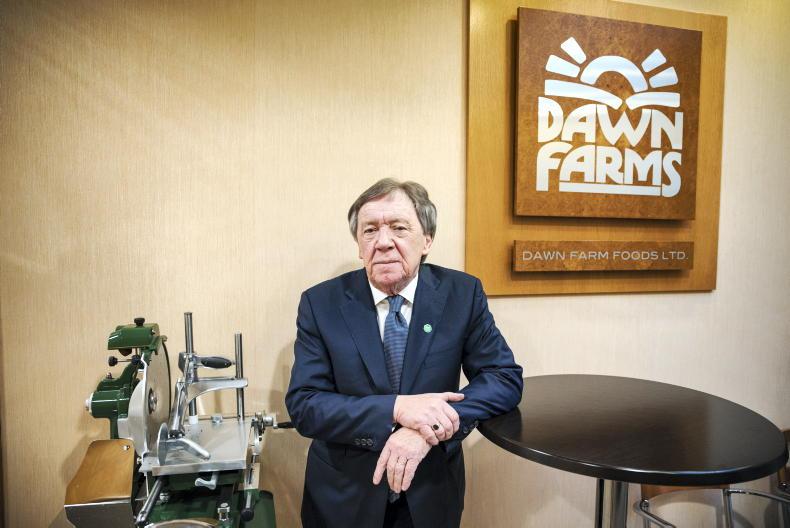
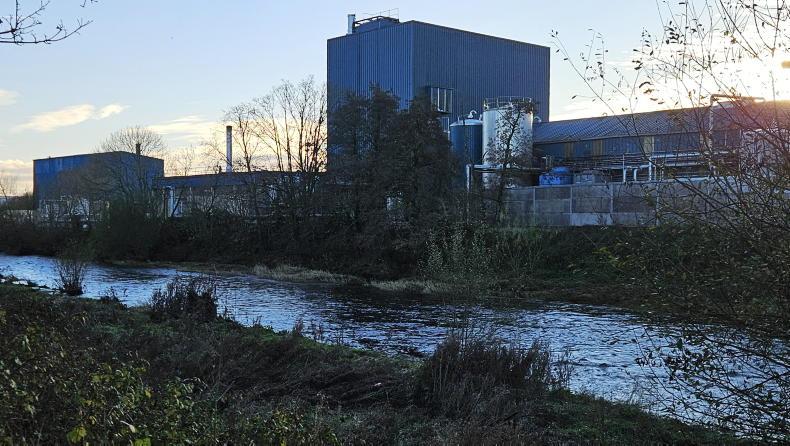
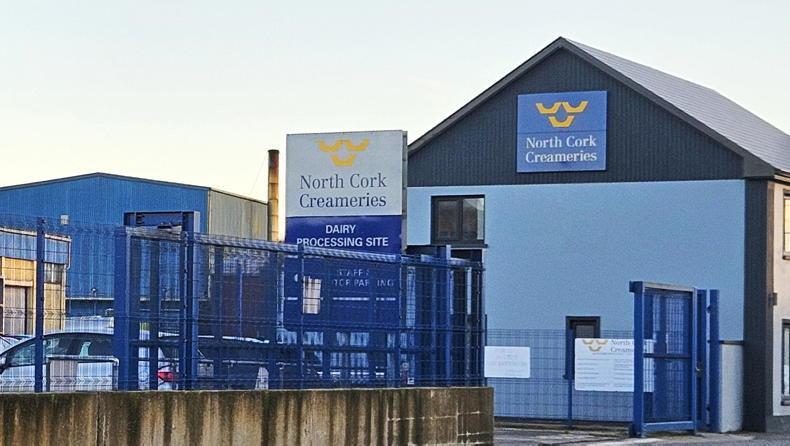
SHARING OPTIONS